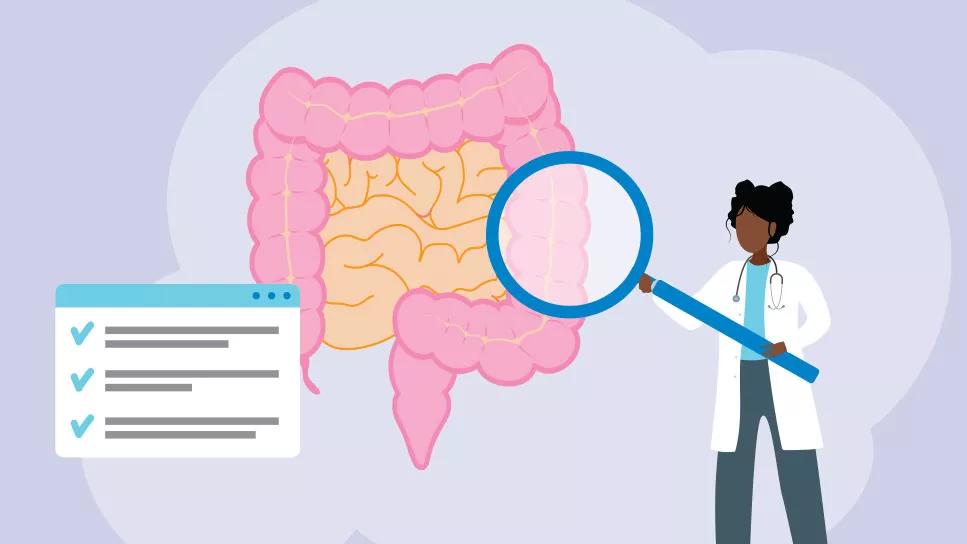
If you’re at average risk, it’s recommended that you get your first colonoscopy at age 45

Knowing your family history and getting a genetic test can help detect colorectal cancer earlier

Studies show the high health cost of spending hours in a chair

A steady increase in cases in those younger than 50 started decades ago

Focus on exercise, eating healthy and getting regular screenings to help lower your risk

Chronic inflammation from flare-ups can damage the lining of your intestinal wall, making your colon more vulnerable to cancer
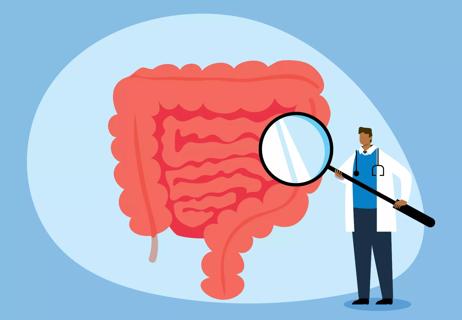
Colonoscopy is most common, but there are other options, too
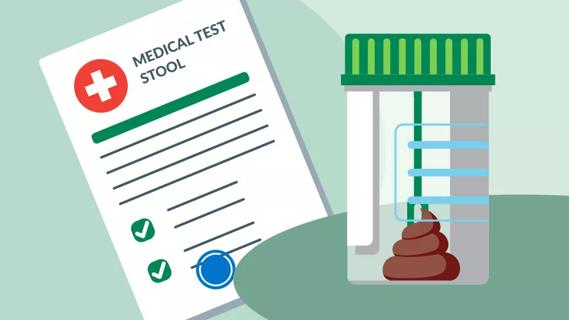
At-home screening options can be good detection tools, but a colonoscopy remains the gold standard
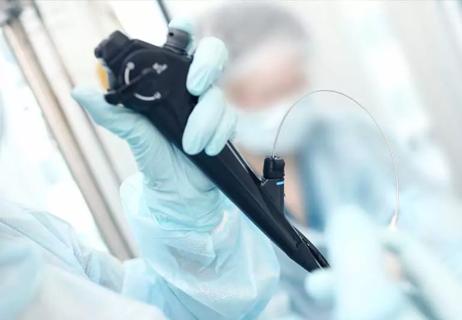
Colonoscopies and sigmoidoscopies are types of endoscopies, procedures that look at the health of your large intestine
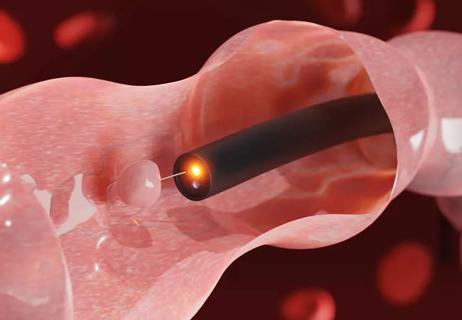
Larger polyps can be difficult to remove, but there are options

Not all polyps turn into cancer, but they should all be removed
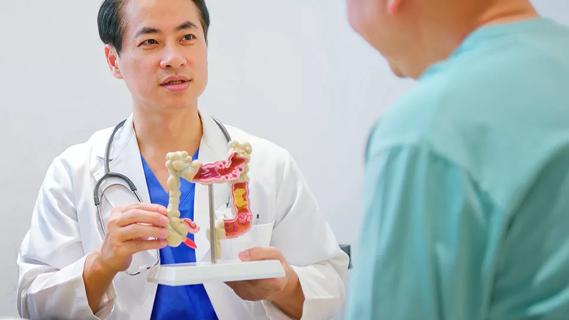
It’s a slow-moving process that offers an opportunity for early detection and treatment

Get lots of fiber, cut back on red meat and limit your alcohol intake

From blackberries to barley, healthy high-fiber foods are plentiful